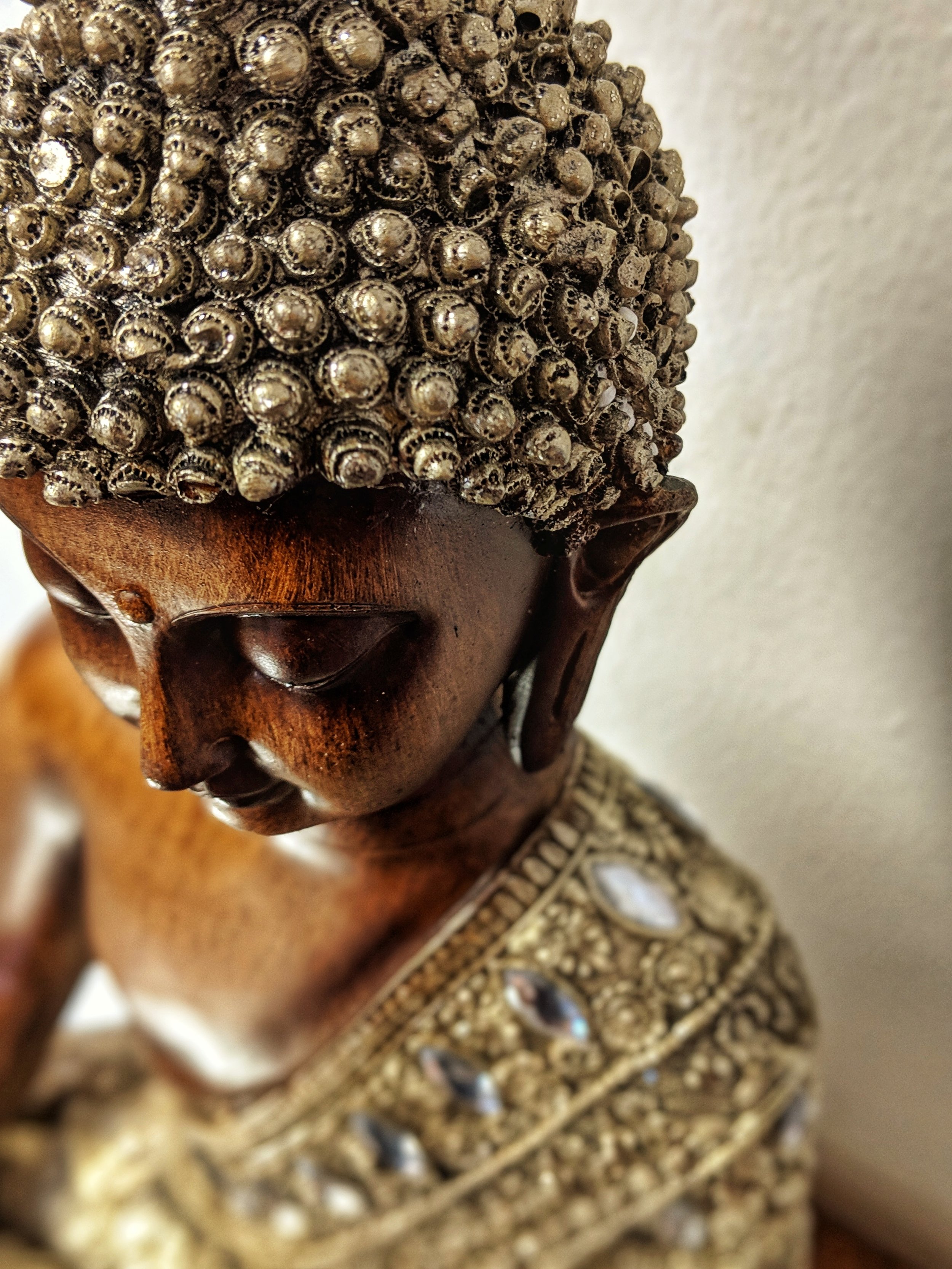EXPLORING BUDDHISM AT EAST BAY MEDITATION CENTER
/Exploring Buddhism At East Bay Meditation Center - January through May 2022
Are you new to meditation? Curious about Buddhism? Looking for a spiritual home?
EBMC offers a five-month suggested Core Curriculum for those seeking an introduction to the Buddha’s basic teachings. The curriculum also supports those looking to refresh their practice. It is not required that you take all of the class series offered below.
You may register for any of the class series that interest you when registration opens for those programs. However, if you register for a class series, please commit to attending all of the classes in that class series.
Registration for each class series opens around 4 to 6 weeks before the first class in a class series.
This five-month Core Curriculum will focus on the Theravada and Mahayana Buddhist traditions, while integrating aspects of other Buddhist lineages, and also embedding the teachings in a social justice perspective aligned with EBMC’s vision.
When you register, please keep in mind the overall intention of the half-year curriculum, since each program in this curriculum is intended to build on the previous programs in the curriculum. If you have questions, please email admin@eastbaymeditation.org. A list of recommended Buddhist reading appears here.
The classes in the five-month curriculum are on Wednesday evenings from 6:30 to 8:30 PM Pacific Time, and are as follows:
· January 2022: Beginning a Meditation Practice – January 5, 12, 19 and 26 – Wednesdays 6:30-8:30PM
· February 2022: Buddha’s 4 Big Truths (4 Noble Truths) – February 2, 9, 16 and 23 – Wednesdays 6:30-8:30PM
· March 2022: Buddha’s “How to” Guide to a Life of Happiness and Well-being (Eightfold Path) -March 2, 9, 16, and 23 – Wednesdays 6:30-8:30PM
· March & April 2022: Buddhist Love, Compassion, Joy & Equanimity (Brahmaviharas) – March 30 & April 6, 13, and 20 – Wednesdays 6:30-8:30PM
· April & May 2022: Five Precepts: Buddhist Ethics – April 27 & May 4, 11, and 18 – Wednesdays 6:30-8:30PM
· May 2022: Buddhist Curriculum Q&A – May 25 – Wednesday 6:30-8:30PM
Classes and Events
In addition to the Core Curriculum, EBMC regularly offers a wide range of classes appropriate for those new to meditation. Sign up for EBMC’s email updates to get our latest class listings.
For further information as registration opens up for each class series, you can click "Contact Us" at www.eastbaymeditation.org to ask any questions.











